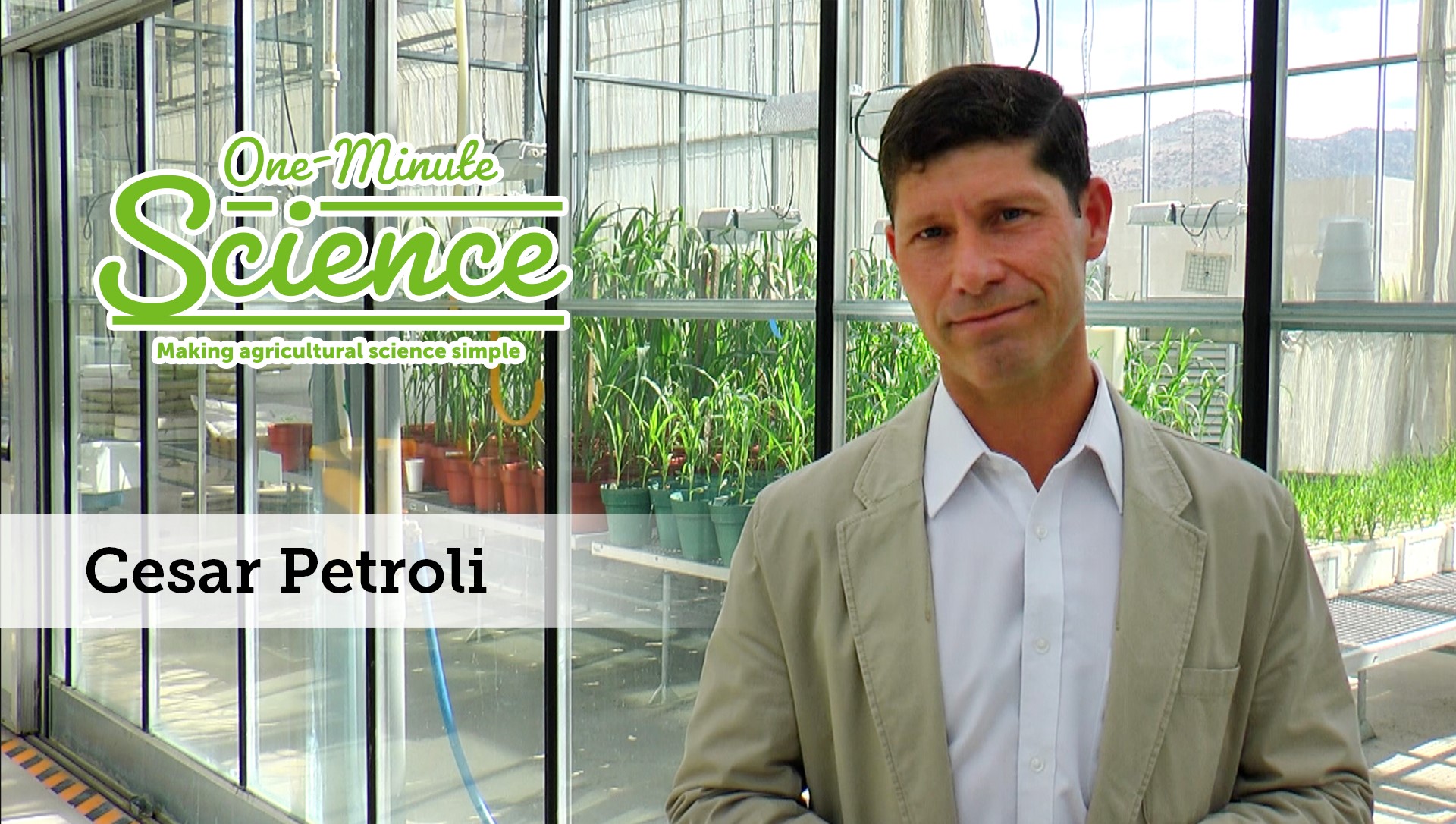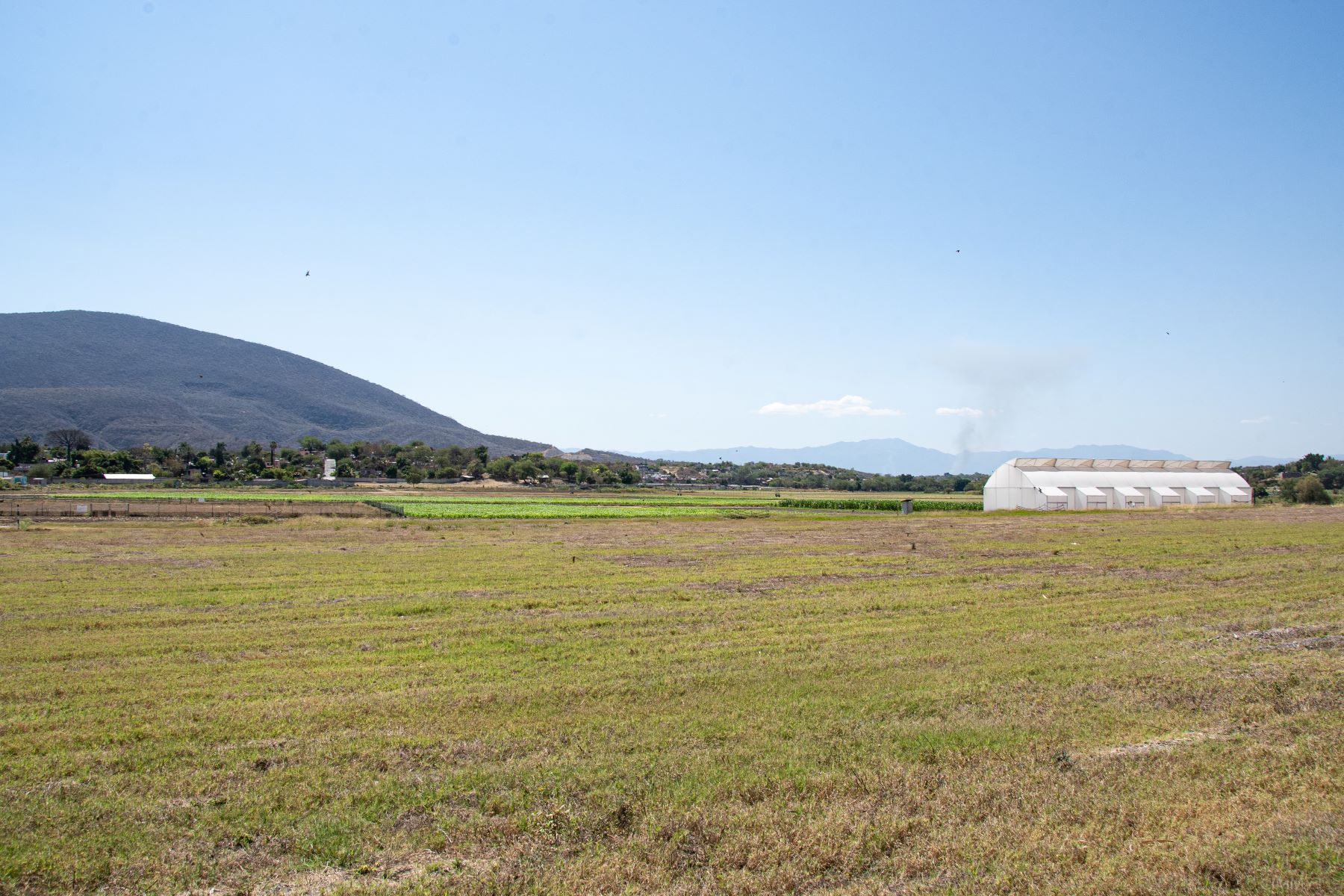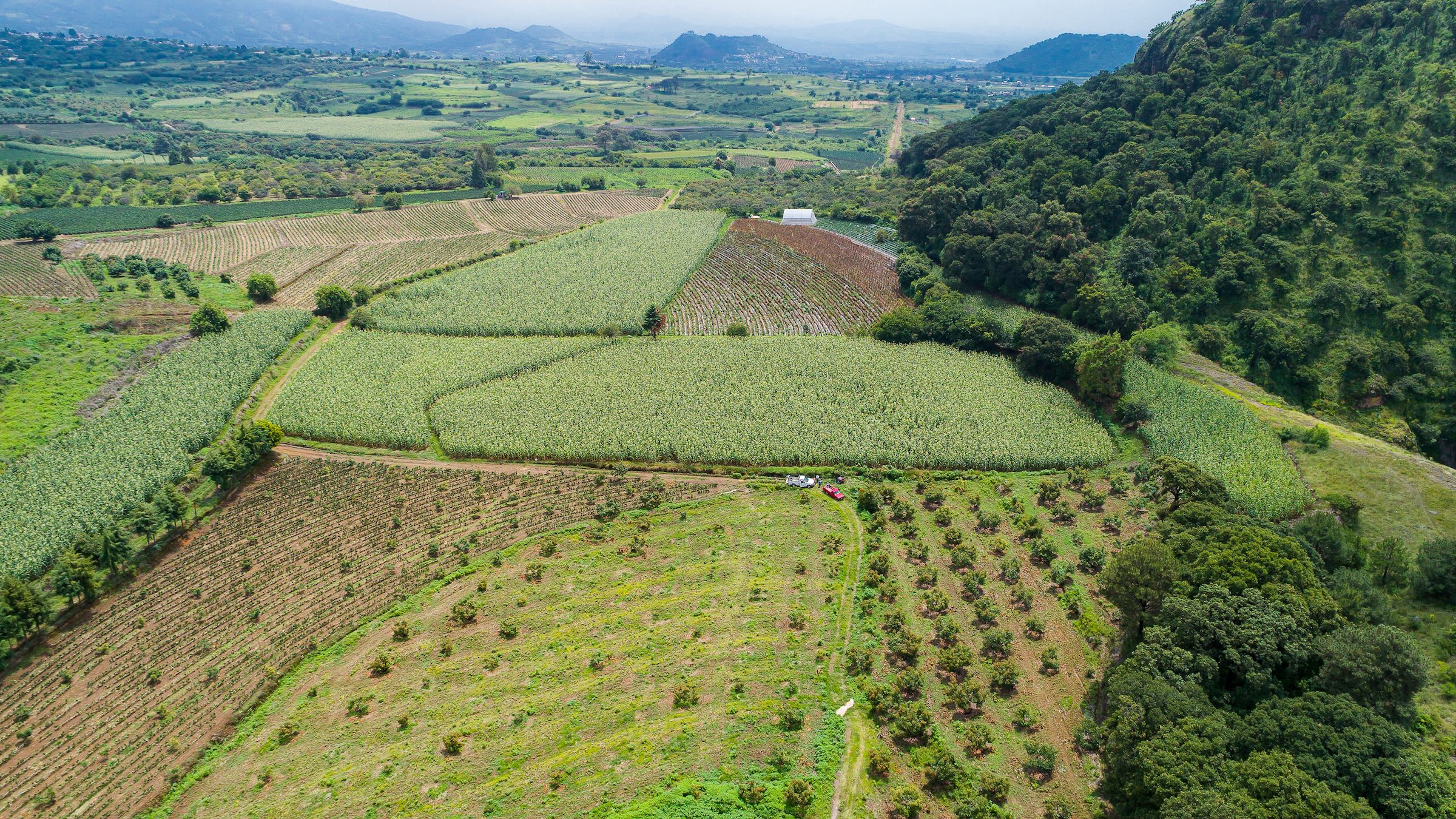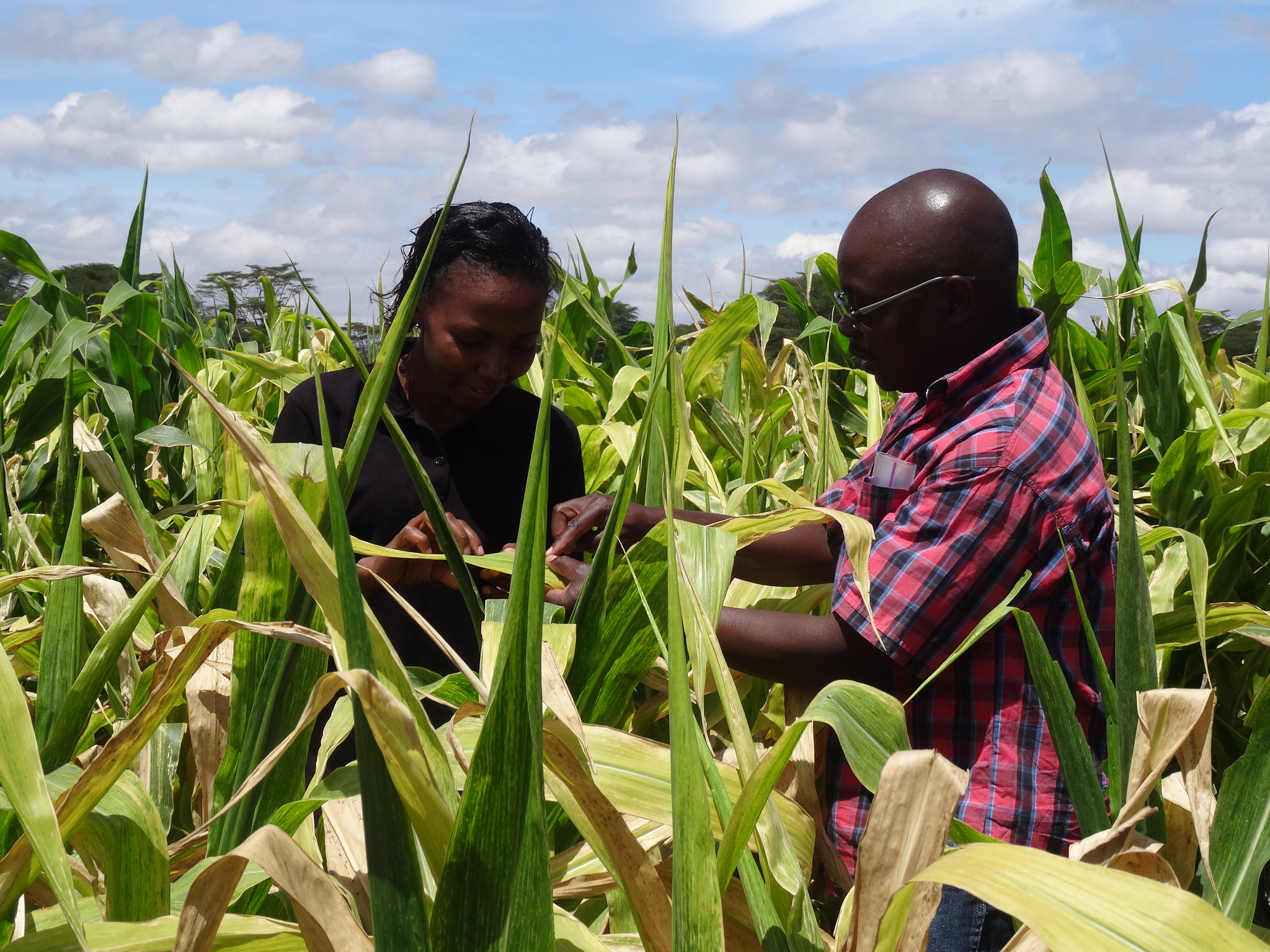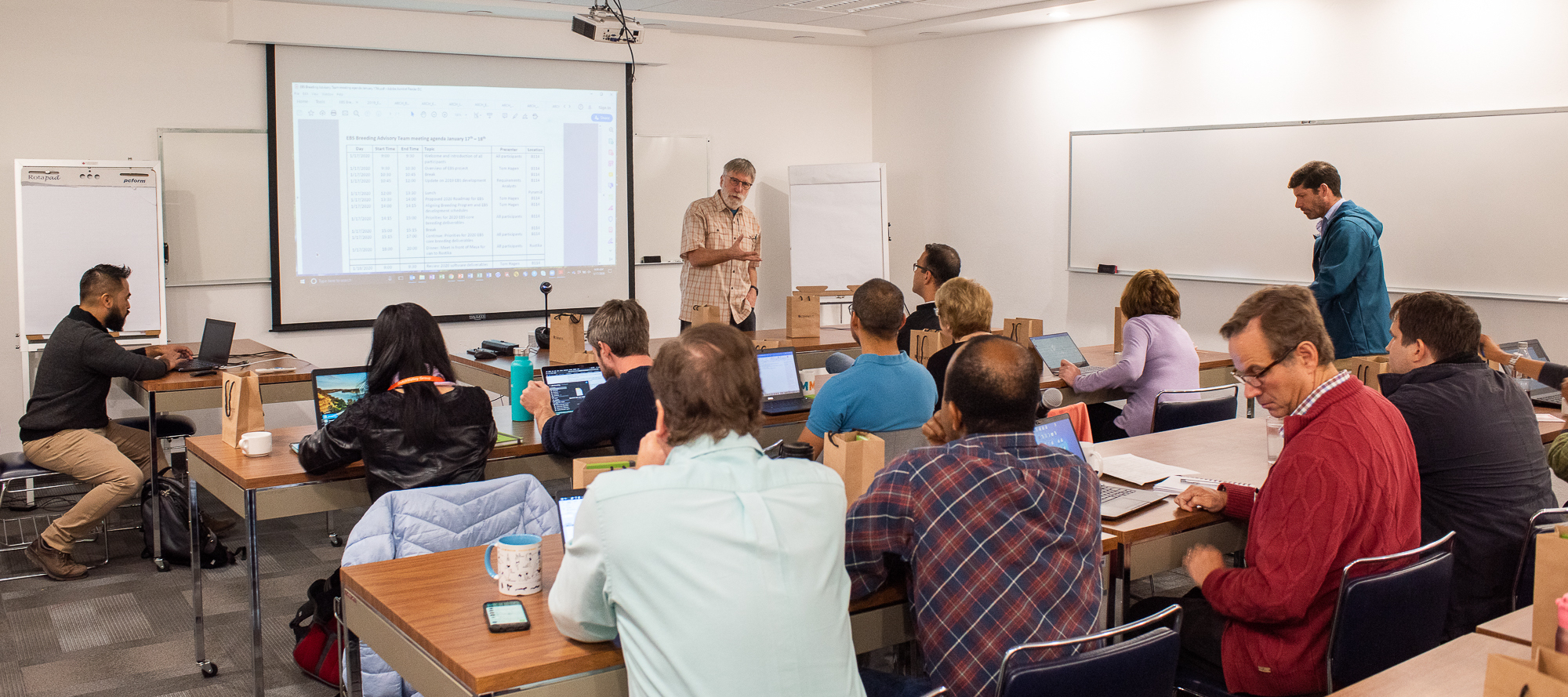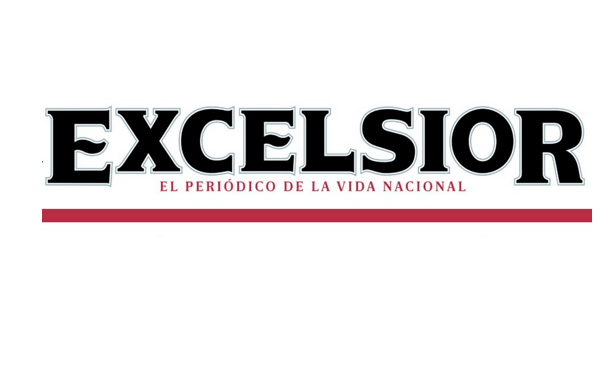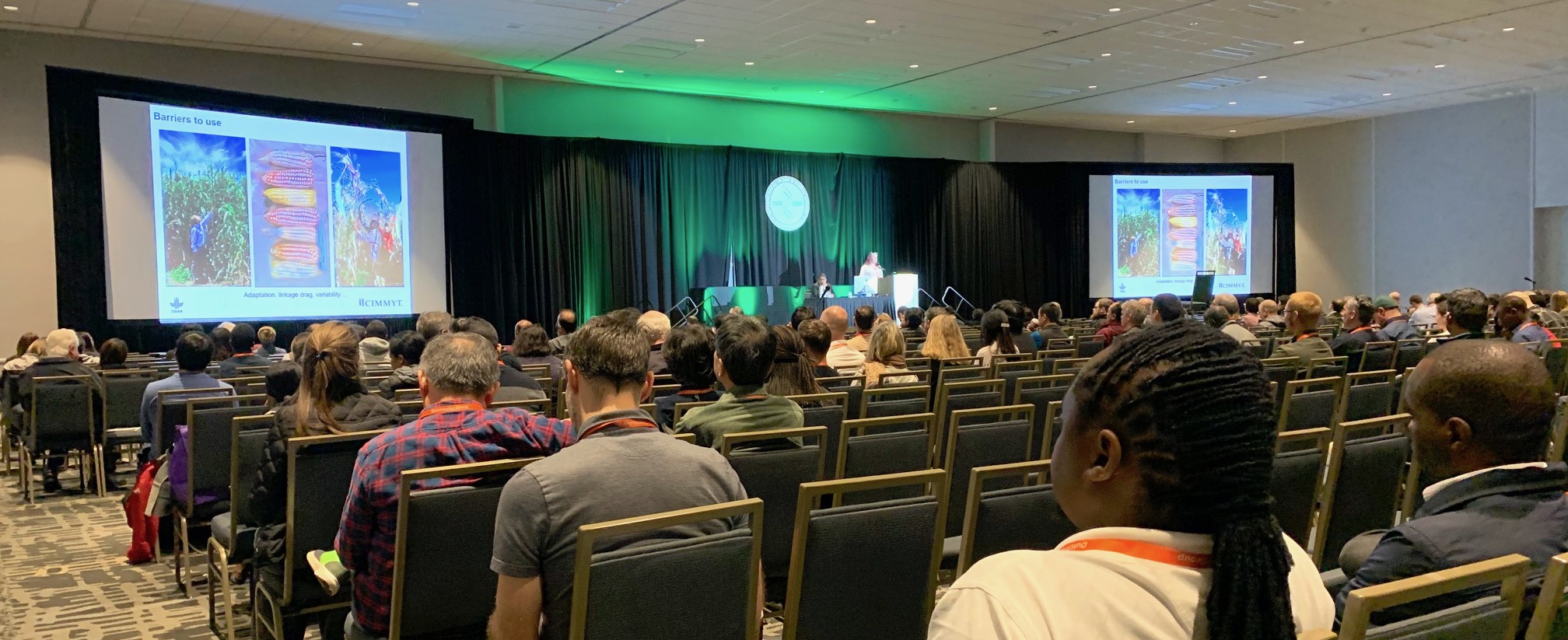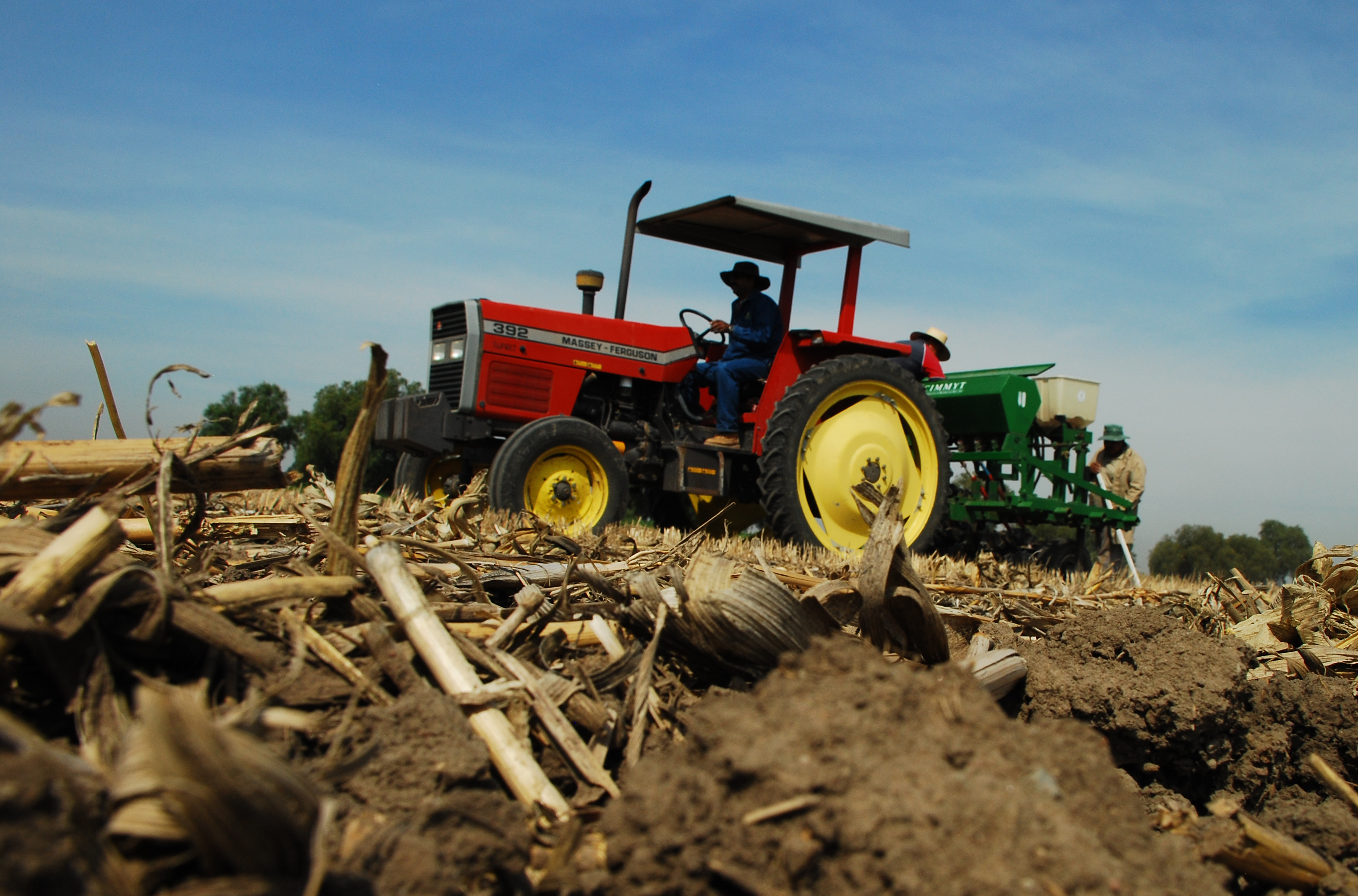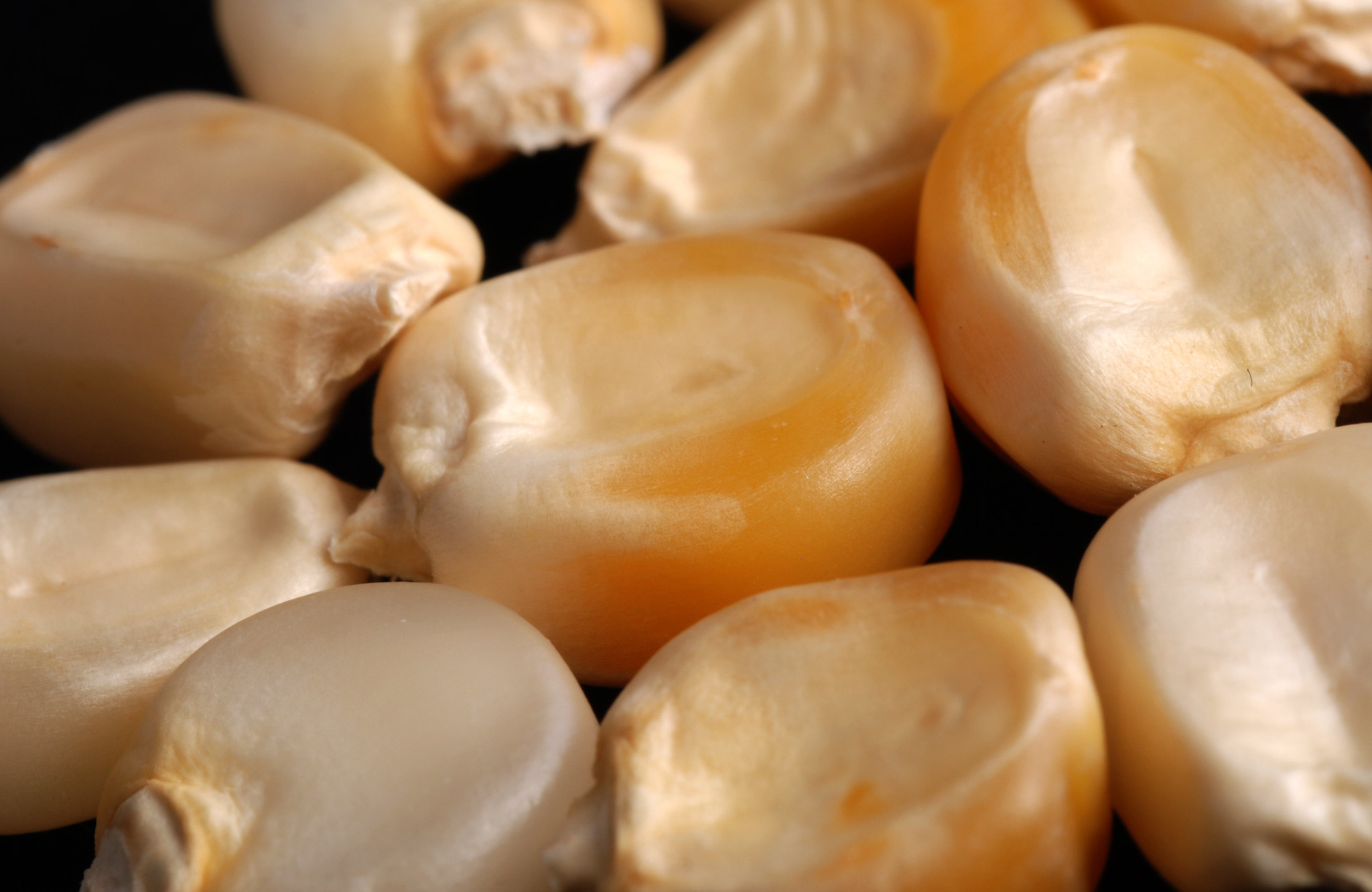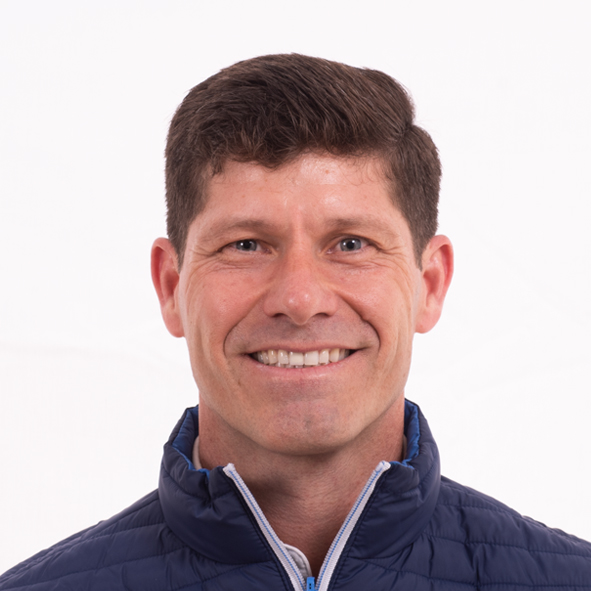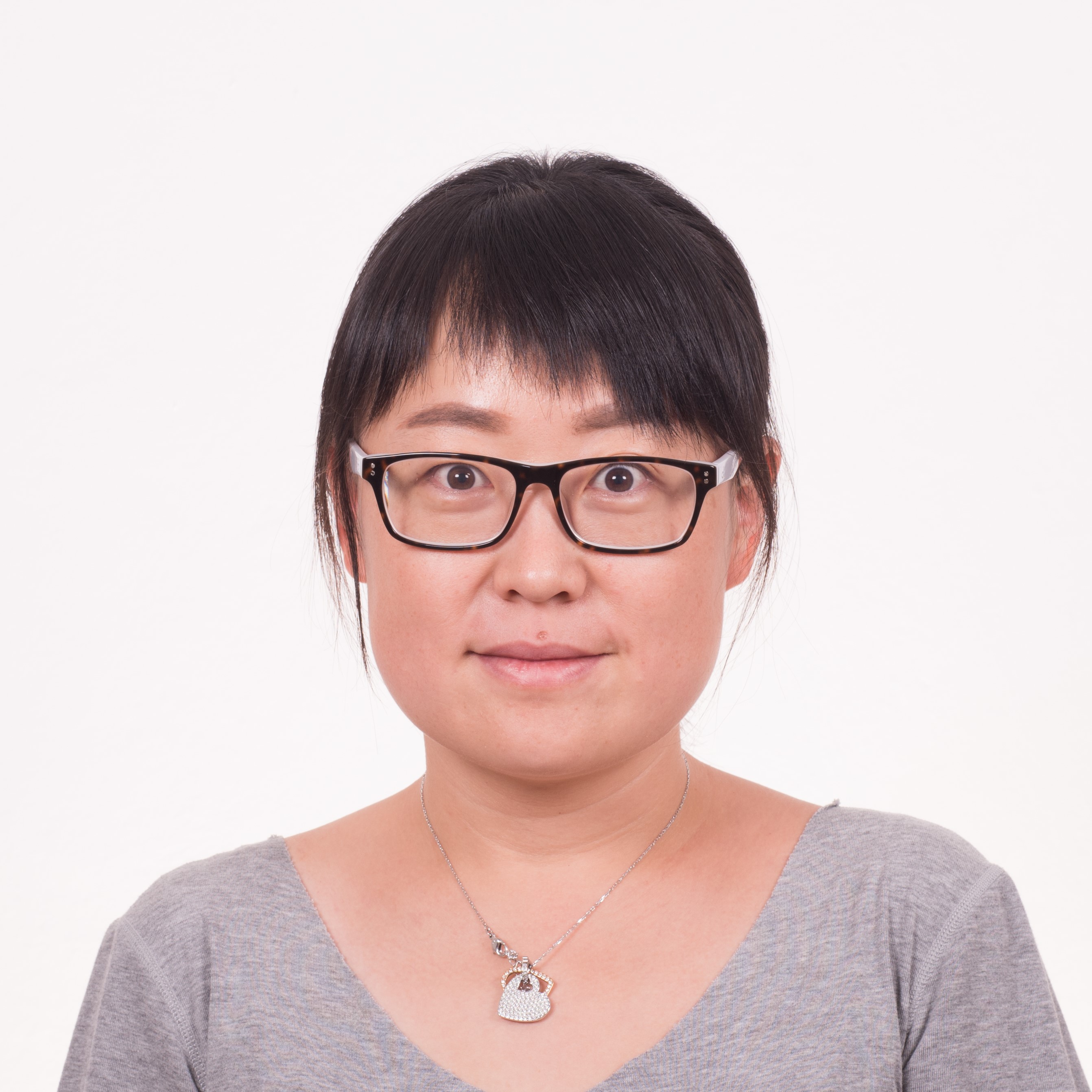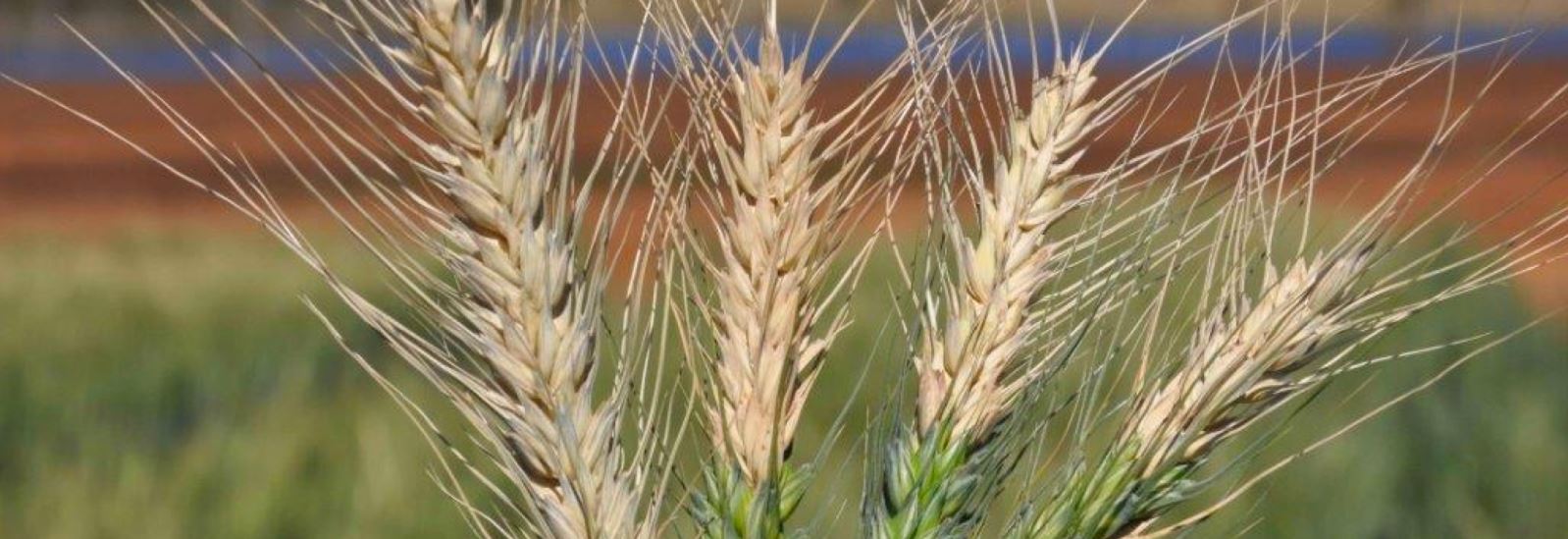Genetic resources
One-minute science: Cesar Petroli and genomic profiles
 Capacity development
Capacity development
Developing genomic profiles of DNA samples can accelerate the breeding process.
New greenhouse honors scientist, aims to further maize wild relatives research
 Nutrition, health and food security
Nutrition, health and food security
In an environment designed for experimental study and regeneration, maize ancestors can thrive.
Why heirloom tortillas are an endangered species
 Environmental health and biodiversity
Environmental health and biodiversity
Source: Maclean's (6 Mar 2020)
Preserving ancient maize landraces in Mexico is key for biodiversity, food security and future sustainability.
Bringing landraces back home, 50 years later
 Nutrition, health and food security
Nutrition, health and food security
Half a century earlier, scientists collected and preserved samples of maize landraces in Morelos, Mexico. Now, descendants of those farmers were able to get back their ancestral maize seeds and, with them, a piece of their family history.
Development of the Enterprise Breeding System well underway
 Innovations
Innovations
Piloting the system in will begin in 2020, with more advanced functions to follow in the next three years.
Mexico wants to remain the maize nation
 Nutrition, health and food security
Nutrition, health and food security
Source: Excelsior (26 Jan 2020)
CIMMYT germplasm bank samples are the basis for development of new maize seeds used in the MasAgro Program.
CIMMYT scientists join fellow experts in San Diego for world’s largest plant and animal genomics conference
 Innovations
Innovations
Researchers share their work translating the latest molecular research into breeding solutions for better maize and wheat varieties.
The Future of Food – Food Substitute Pills
 Innovations
Innovations
Source: Vice (21 Jan 2020)
Seed banks, like the one at CIMMYT’s headquarters in Mexico, are part of planning for the future of food.
New publications: Durum wheat selection under zero tillage increases early vigor and is neutral to yield
 Innovations
Innovations
Researchers demonstrate that CIMMYT’s durum wheat lines can be grown, bred, and selected under zero tillage or conventional tillage conditions without negatively affecting yield.
Prevention is better than cure
 Innovations
Innovations
Amos Alakonya talks pests, procedure, and why everyone should be concerned about seed health.
Drought Is Crippling Small Farmers in Mexico — With Consequences for Everyone Else
 Climate adaptation and mitigation
Climate adaptation and mitigation
Source: Nexus Media (12 Dec 2019)
The CIMMYT germplasm bank preserves the seeds of maize varieties from all over the world, including landraces very valuable to farmers.
What is wheat blast?
 Nutrition, health and food security
Nutrition, health and food security
Wheat blast is one of the most fearsome and intractable wheat diseases in recent decades. It spreads through infected seeds, crop residues as well as by spores that can travel long distances in the air, posing a major threat to wheat production in tropical areas.
